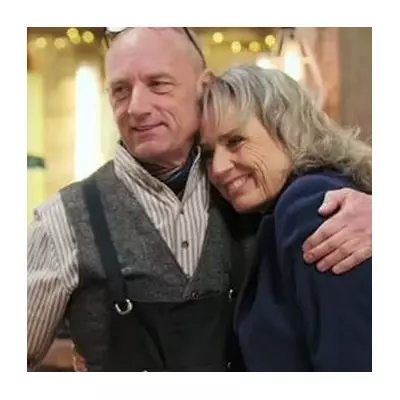
The Edinburgh Festival Fringe, renowned as the world's largest arts festival, is facing a growing crisis as performers grapple with exorbitant accommodation costs and rising production expenses. Many artists now question whether the event remains financially sustainable for emerging talent.
The Accommodation Crisis
Performers report paying up to £5,000 for basic accommodation during the festival month - more than many earn from their shows. This staggering figure represents a 300% increase from pre-pandemic levels, forcing many to reconsider their participation.
A Broken Economic Model?
The Fringe's unique ecosystem appears increasingly unbalanced:
- Venue hire costs have doubled since 2019
- Marketing expenses now often exceed box office returns
- Many performers end up subsidising their own shows
The Human Cost
Emerging artists describe sleeping in converted storage units or commuting from Glasgow daily. Established performers report cutting Edinburgh from their touring schedules entirely, citing unsustainable economics.
Industry Reactions
Festival organisers acknowledge the challenges but emphasise the Fringe's unparalleled platform for exposure. Meanwhile, grassroots movements are calling for:
- Price caps on performer accommodation
- Subsidised venue rates for new acts
- Transparent accounting of show profitability
As costs continue to rise, the Edinburgh Fringe risks losing the very artists who give it life - potentially transforming from a launchpad for new talent into an exclusive playground for established names and well-funded productions.





